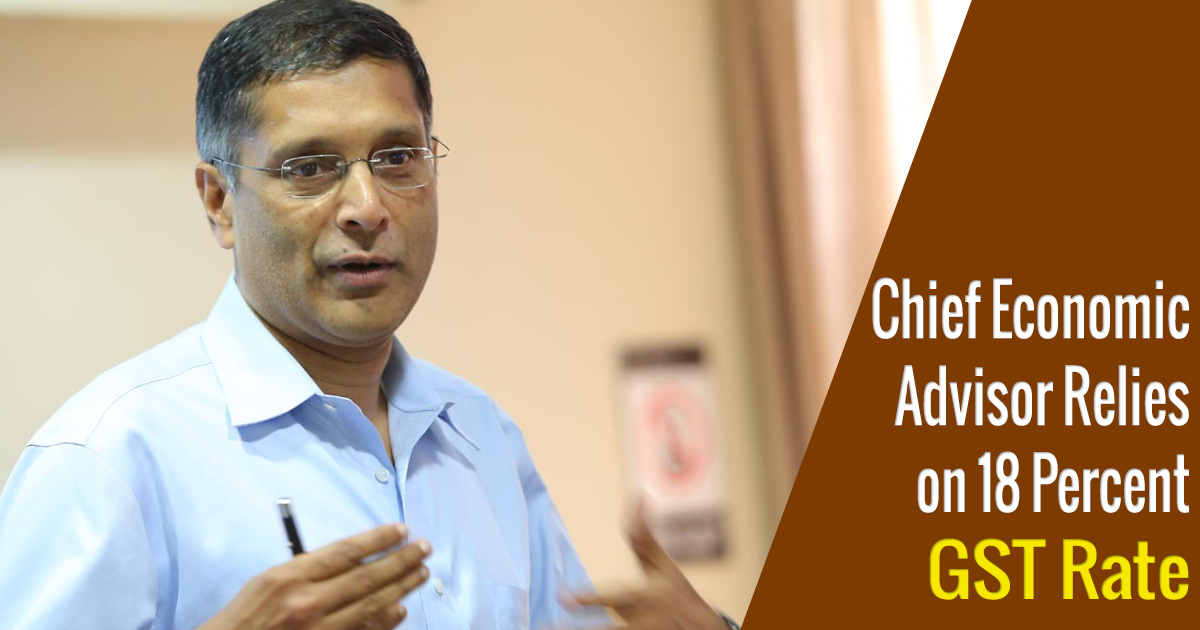
Chief Economic Advisor Arvind Subramanian is backing up the lower GST rate and still believes that the lower rate would be sufficient for Indian economic context. While having an interview with the imminent news provider Economic Times, the financial official expressed his views on various issues regarding the biggest taxation reform.
Being asked about the budget projection and the definitive table of inflation, the advisor mentioned that, “It is going to be the day before the budget and since the budget, I think it going to be on 1st of February, we have to table it on the last day of January.”
The Economic Times put a question regarding the Non Performing Assets(NPA) in India which are currently creating hurdles for the national economic forums at many levels, so in this manner the Advisor directed some points, “It is one of the major challenges for the economy in the short run because it is true that credit to industry is relatively weak and corporate balance sheets are also not very strong. So, we have to work our way through this problem before I think, we can see private investment and growth pick up even further. It is a challenge now – how much you have to write off, how you have to do that. Remember, for the last couple of years, there have been a number of schemes that the RBI has had to try and address the issue.”
Read Also: Goods and Services Tax (GST) Sales Bill in India
Mentioning the GST work over last few months, he said that “If you look at what has happened in the last four-five months, there have been a series of reform measures and let me just list some of them – the first was we had the Aadhaar Bill in the budget session, then we had the Bankruptcy Code that was passed, then the monetary policy committee arrangements which codified arrangements between the RBI and Ministry of Finance and then above all the GST. I think the GST is really a game-changing reform and I do not think one should ascribe anything to anyone reform measure but I do think that the GST is of such a magnitude that it has seen to have impressed foreign investors.”
And when asked for the popular agenda concerning in the finance department of the nation he was found saying that “We had actually suggested a range between 17 and 19%. Philosophically and taking into account the Indian situation, I think at the margin we should err on the side of lower rates rather than higher rates.”










